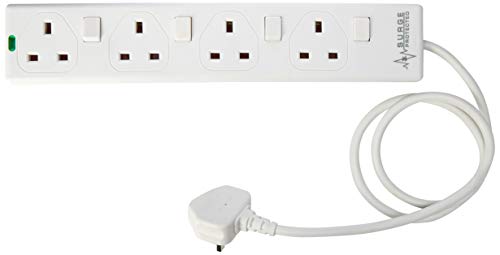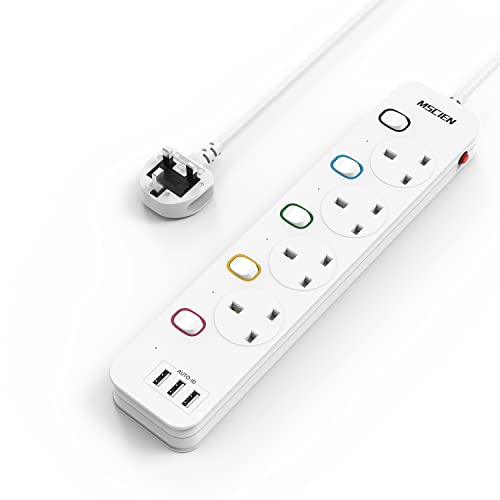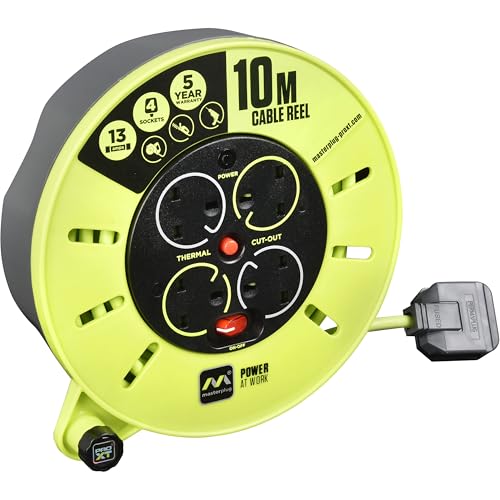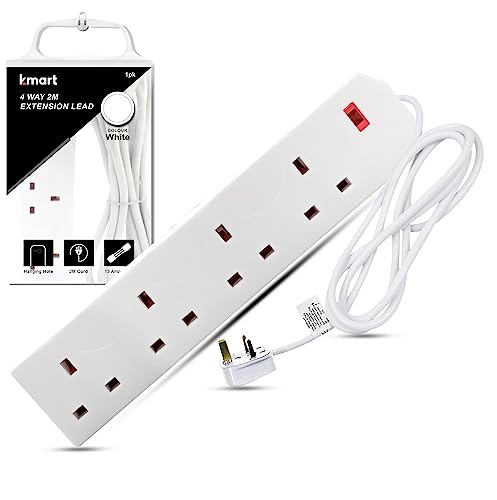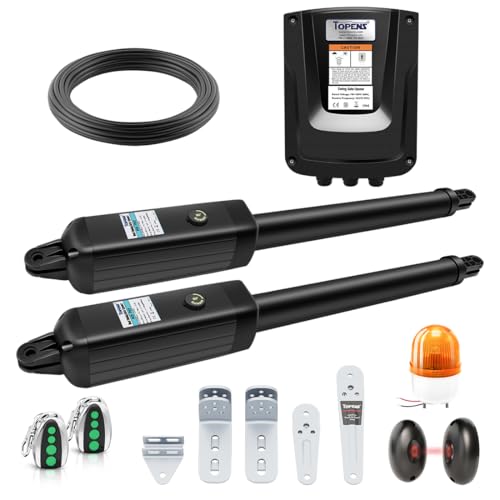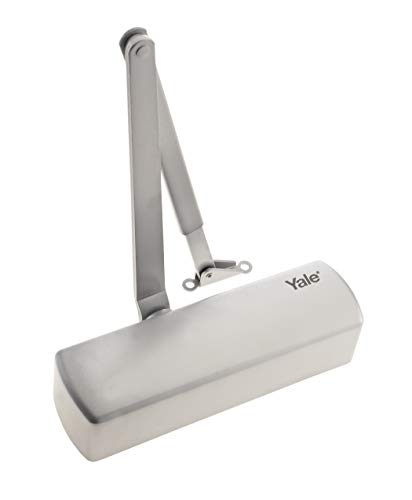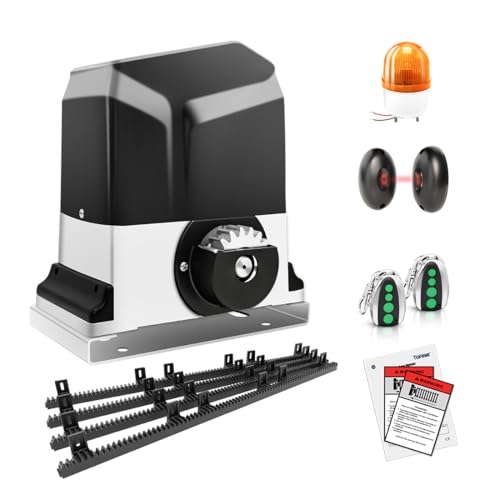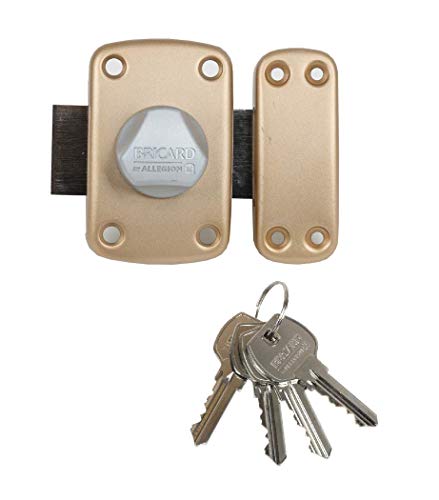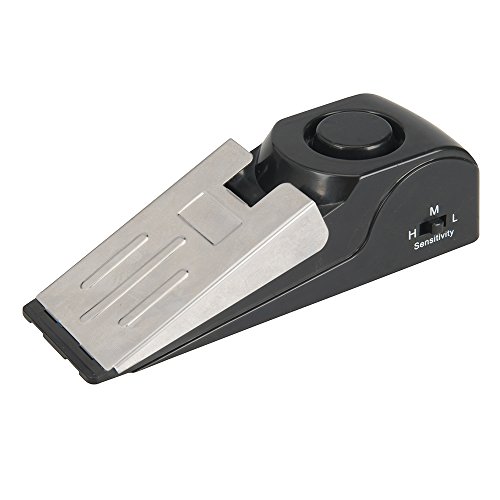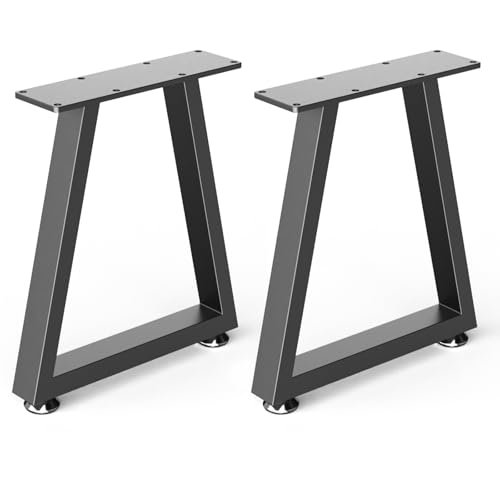Understanding Extension Cables: Why They Matter in Your Daily Life
The Role of Extension Cables in Everyday Life
Extension cables are essential tools in our modern lives, acting as the bridge that connects our devices to power sources, especially when outlets are scarce. Imagine setting up your home office or pluging in holiday lights without reaching a power point. Extension cables save us from such predicaments, allowing flexibility in where we position our devices.
When You Need an Extension Cable
Think about times when you’ve sat on the couch wanting to charge your phone but realizing the socket is too far. Extension cables are designed for these moments, making it easy to access power without sacrificing comfort. Whether you’re working on a project, hosting a gathering, or simply trying to get comfortable with your gadgets, these cables play a critical role.
Types of Extension Cables: Choosing the Right One for Your Needs
Different Types of Extension Cables
There are several types of extension cables available, each suited for different requirements. Standard extension leads are perfect for general use, allowing you to plug multiple devices into one socket. Surge-protected extension cords are excellent for safeguarding sensitive electronics from power spikes. If you need flexibility outdoors, look for weatherproof extension cables designed to withstand the elements.
Consider Your Specific Use Case
Where and how you plan to use the extension cable will determine the best type for you. For instance, if you’re setting up a temporary outdoor event, an outdoor-rated extension cable will ensure safety against rain. For households with devices like computers or televisions, a surge protector with multiple outlets is the best choice.
How to Use Extension Cables Safely: Essential Tips You Should Know
Using Extension Cables Safely
Safety should always come first when using extension cables. Firstly, avoid overloading the extension lead by plugging too many devices into it. Each cable has a maximum current rating, and exceeding this can cause overheating and potential hazards. Always inspect cables for any wear or damage before usage; frayed cords are a clear sign they should not be used.
Best Practices for Extension Cable Usage
When using an extension cable, ensure that it runs in a manner that avoids tripping hazards. It’s best to keep the cables off the ground and refrain from tucking them under carpets, which can trap heat. If you’re using an extension cable outdoors, make sure it’s specifically rated for outdoor use, and when not in use, store it appropriately to prevent damage.
Length and Power Ratings: How to Choose the Perfect Fit for Your Devices
Understanding Length and Power Ratings
Choosing the right length for your extension cable is key. Measure the distance from your power source to the area where you’ll need it, and then select a cable that is at least a bit longer to allow for flexibility. The power rating, measured in amps, indicates how much current can safely flow through the cord, so select a cable that can handle the combined power of your devices.
Impact of Length on Performance
It’s important to note that longer cables can cause a drop in voltage, which may affect the performance of your devices. If you need a longer cable, consider using one that has a thicker gauge, as this can help minimize any potential loss in power.
Where to Buy Extension Cables: Our Top Recommendations for Quality and Value
Finding Quality Extension Cables
When searching for extension cables, look for retailers that specialise in electrical items or trusted hardware stores. They tend to offer a variety of options and provide clearer insights into the quality of the products. Take time to read product descriptions and customer reviews to gauge durability and performance.
Balancing Quality and Price
While it may be tempting to opt for the cheapest cables available, remember that investing in quality pays off in the long run with safety and dependability. Look for cables that offer solid construction and features like surge protection, which add value without breaking the bank. Choosing well-known brands can also ensure a certain level of reliability.
